There have been some exciting developments in choice modeling, but much of this work is only accessible to those attending conferences like the International Choice Modeling Conference where researchers from many different fields can share their work. This Handbook brings the best of this new work to a wider audience. The editors have convinced many of the top researchers in choice modeling to contribute essays, and the resulting Handbook is the only reference I know that comes close to covering the current state of the art in choice modeling.’
– David Brownstone, University of California, Irvine, US
‘Choice modelling has been the focus of intensive research activities during the last decades. This book proposes a fantastic consolidation of these recent developments, written by the major actors in the field, including Daniel McFadden, Nobel Laureate. The good balance between fundamental topics and applied considerations, as well as the coverage of area-specific aspects, make it an exceptional reference for researchers and practitioners interested in human choices.’
– Michel Bierlaire, EPFL Lausanne, Switzerland
‘Decision-making underpins daily life, from the simple to the complex. Neurophysiologists, psychologists and economists have all spent decades studying decision-making from very different perspectives. Theoretical advances in the different fields have complementary strengths, creating the need for an integrated approach. This book represents a milestone in bringing together different theoretical perspectives on decision-making, setting the foundations for exciting new multi-disciplinary approaches.’
– Scott Brown, The University of Newcastle, Australia
This Handbook provides an authoritative and in-depth overview of the essential topics related to the increasingly important field of choice modeling: a key tool for the understanding of behavior and used to support decision-making across many areas such as transportation, health economics, environmental analysis and marketing.
The Handbook of Choice Modelling, composed of contributions from senior figures in the field, summarizes the essential analytical techniques and discusses the key current research issues. The book opens with Nobel Laureate Daniel McFadden calling for deeper engagement with more behavioural and psychological fields, and this is followed by supporting chapters on behavioural economics and mathematical psychology. Further chapters explore the elicitation of data and the context of observation; inter-personal variation; the modeling of complex choice processes taking account of heterogeneity; extending the models to deal with more complex choices; statistical processes for the understanding of data; and finally the practical application of these methods. A final group of chapters discusses the research needs of specific application areas.
Offering a unique collection of contributions from many of the top researchers in choice modeling, this Handbook provides essential reading for academics, students and practitioners in a wide range of areas.


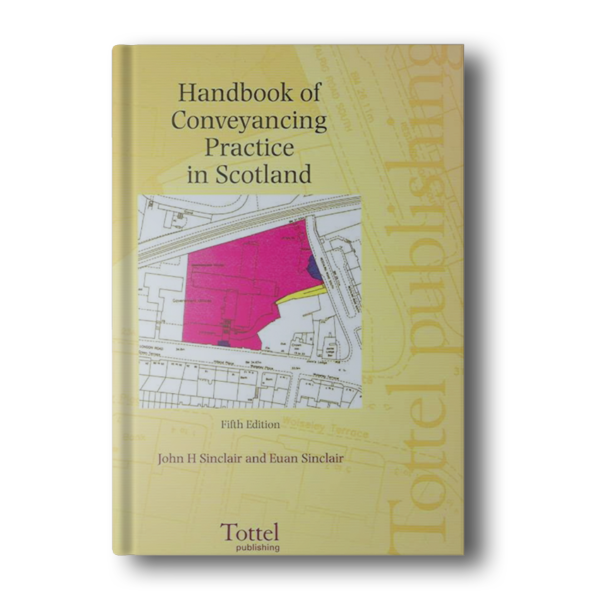

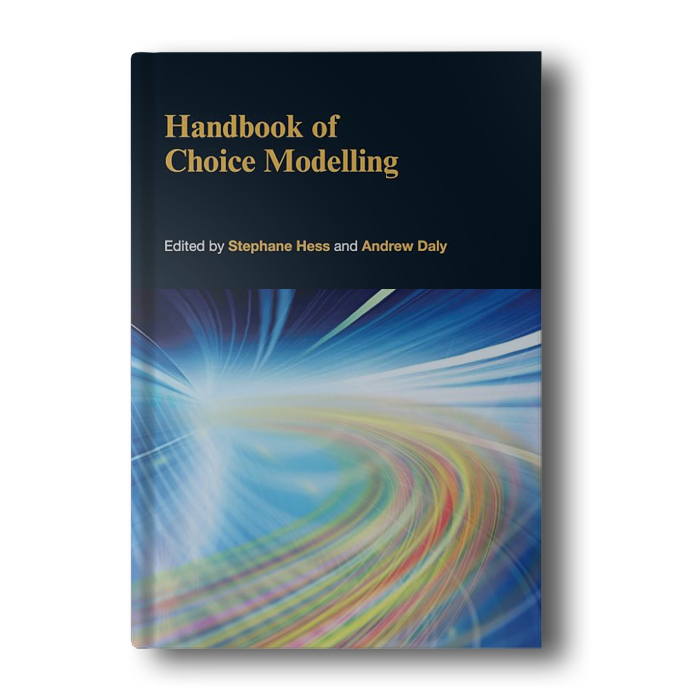
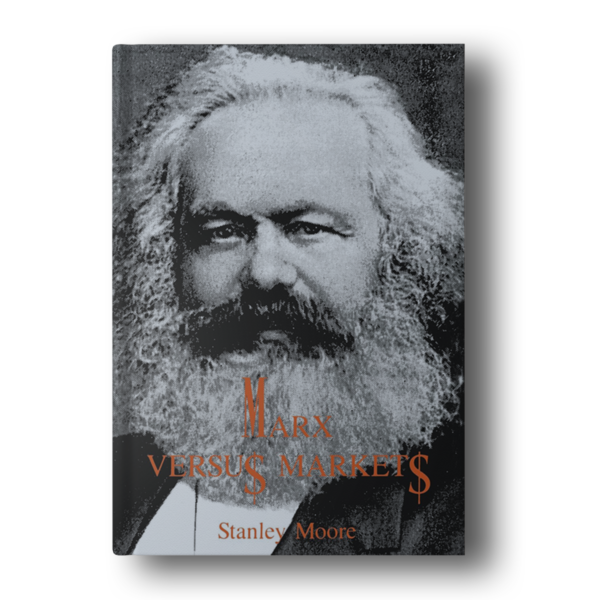
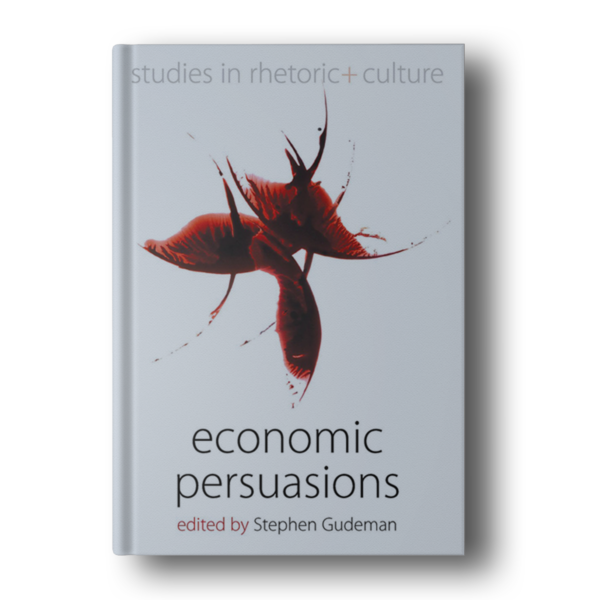
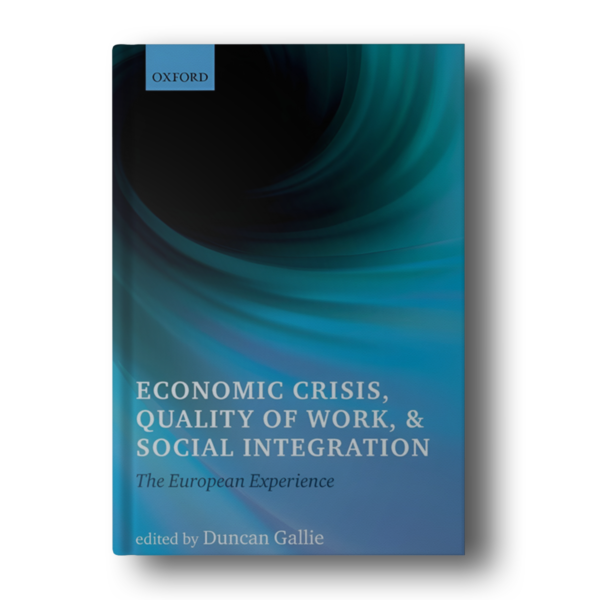
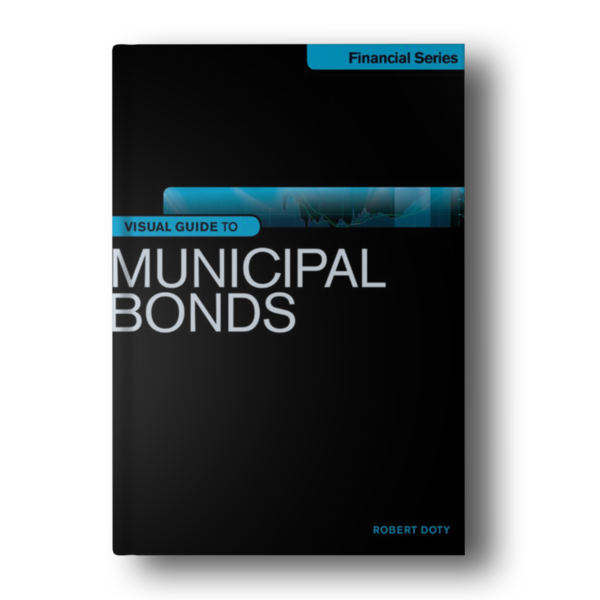
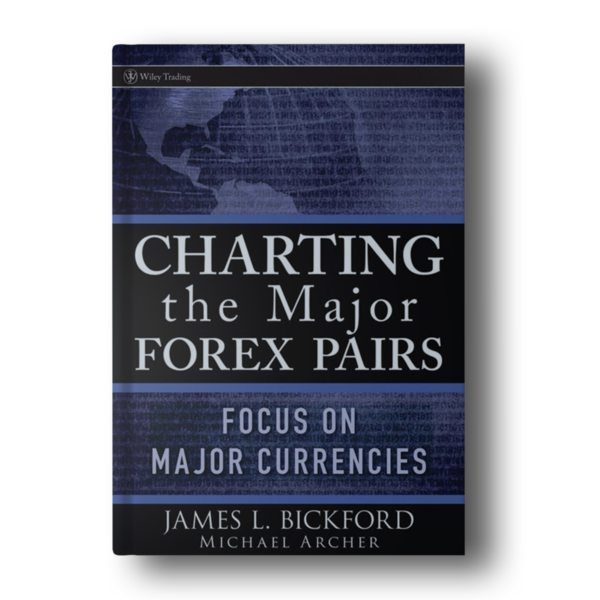
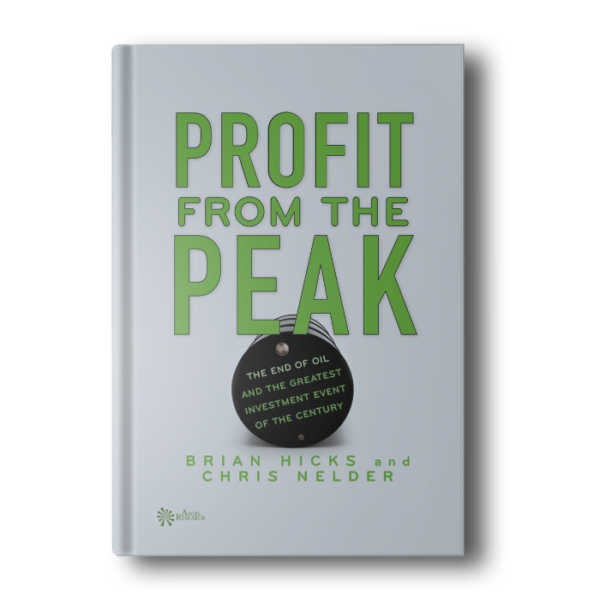
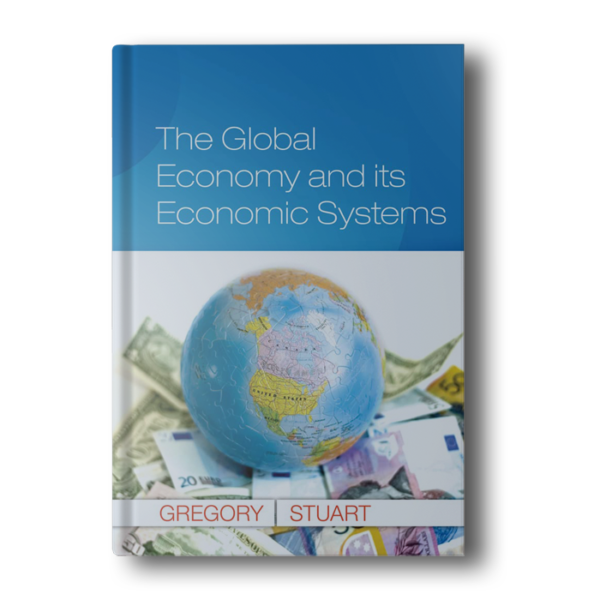

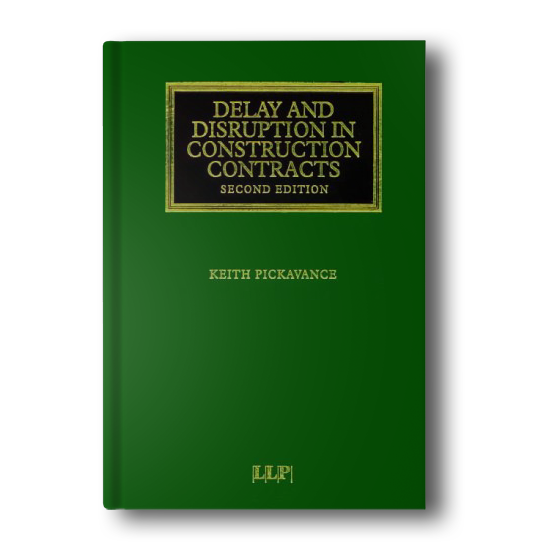

Reviews
There are no reviews yet.